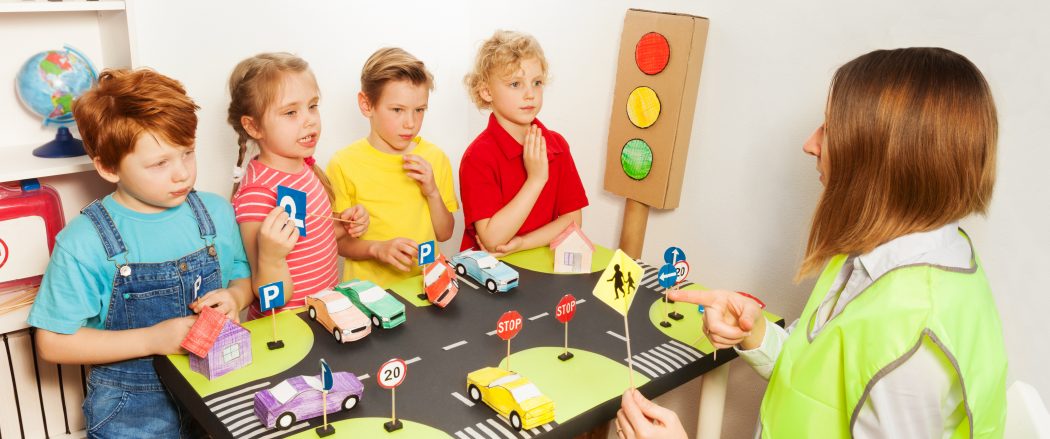To nurture the skills of resilience is key to providing young people with the ability to cope with stress, adversity, failure and challenges. Resilience is evident when young people have a greater ability to “bounce back” when faced with difficulties and achieve positive outcomes.
Resilience empowers the individual to recognise that following road safety rules can prevent accidents and potential deaths. It allows them to be aware and share good practices with their peers, families and other members of the community.
The issue locally and nationally
Around 5,000 children under the age of 16 die or are seriously injured on Britain’s roads each year
- Nearly two in three road accidents happen when children are walking or playing.
- Almost two-thirds of child accident victims are boys.
- As a child gets older the risk of a road accident increases.
- A child from a low-income family is five times more likely than a child from a high-income family to be killed on the road.
- Children from an ethnic minority are involved in up to twice as many accidents while walking or playing as the national average.
- The risk of being involved in a road accident when walking or playing is more than 10 times greater for a child with hearing difficulties.
By the end of primary school students should
There are no statutory requirements relating to road safety from the DfE, however Road Safety is an essential life skill which every primary school should deliver, appropriate to the age and needs of the children.
Objectives may include
- To reflect on the benefits of being a road user, to identify some dangers and understand how to stay safer as a pedestrian and car passenger.
- To identify new risky situations due to increasing independence and consider safety implications.
- To explore situations where they have responsibility for their own safety and that of others.
- To understand and practise a range of strategies to reduce risk.
To identify safety issues when cycling and develop understanding of how to stay safe on the roads.
By the end of secondary school students should
There are no statutory requirements relating to road safety from the DfE, however Road Safety is an essential life skill which every secondary school should deliver, appropriate to the age and needs of the student.
- Know their responsibilities as a pedestrian, a passenger and a future driver.
- Know about issues affecting young drivers such as peer pressure, speeding, seatbelts, inexperience and overconfidence.
- Have the communication skills that allows them to speak up in potentially dangerous and difficult road safety scenarios to influence a safer outcome.
Source – AA
Local Support

Road Safety Education for Schools
Road Safety Education for Schools The Cambridgeshire road safety team have a wide range of road safety resources and schemes available that are specially designed for different school age groups. Early Years Road Safety Education A child can learn a lot about road safety through play. It may be something as simple as identifying traffic
Read More About Road Safety Education for Schools
Road Safety Peterborough – Initiatives and Campaigns
The Travelchoice and Road Safety team at Peterborough City Council offer many free resources, workshops and support to help schools encourage staff, pupils and parents to travel to school in a safe, healthy and sustainable way. We work with a range of expert partners to offer a huge variety of free initiatives, projects, campaigns and
Read More About Road Safety Peterborough – Initiatives and CampaignsResources
External Links
- Bikeit Cambs
- Modeshift STARS
- Modeshift STARS Awards Recognising Best Practice in Sustainable School Travel
- Road Safety – Cambridgeshire.gov.uk
- Sustrans – travel actively and safely to school or to college
- The Walking Bubble Scheme
- Think! – Map investigation KS3
- Think! Tales of the Road KS1
- Think! Tales of the Road KS2
- think.gov.uk/education-resources/



